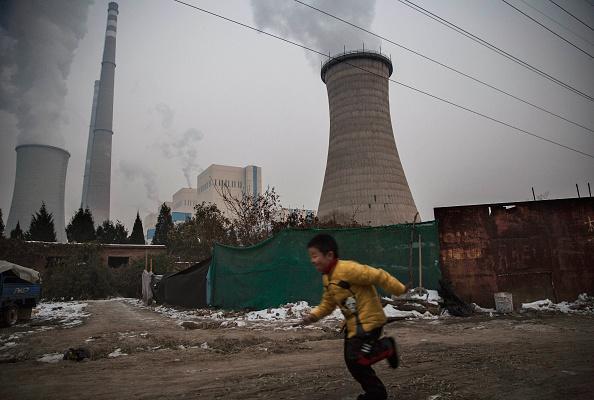A construction worker arrested for lighting a fire to keep warm has become a symbol for China’s netizens of an energy policy that has gone wrong. With winter descending on China, the regime is having difficulty keeping its citizens warm while meeting new pollution targets.
On Nov. 29, Mr. Wang, a construction worker at Xinzhou City in Shanxi Province, was detained by local public security officers after he was found to have set up three coal fires to keep warm at the construction site where he worked, according to the Chinese news portal Sina. Wang was charged with violating China’s Atmospheric Pollution Prevention and Control Law, and placed in administrative detention for five days.




